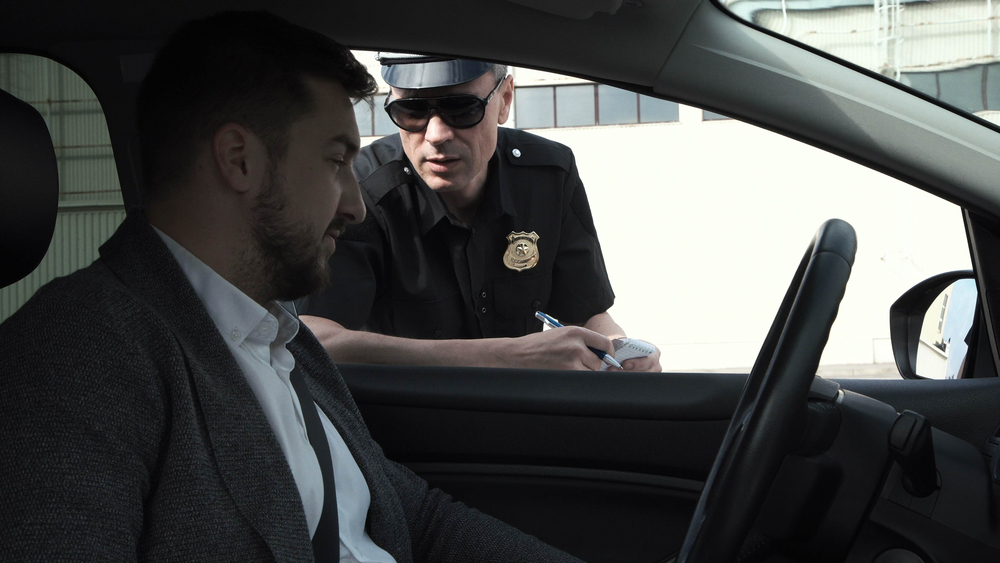

No one looks forward to an encounter with police, but it’s difficult to go your entire adult life driving without being stopped by a law enforcement officer for one reason or another. Even if you were following all traffic laws, an officer might have mistaken you for another driver. More often than not, however, police officers have reasonable cause to make a traffic stop.
Whether you were driving past the speed limit or exhibiting a pattern that led an officer to believe you were under the influence, it’s important to know how to conduct yourself at a traffic stop to avoid escalating the encounter. It’s also important to know a successful Louisiana criminal defense lawyer to help you out of a jam.
Understand Your Fundamental Rights
At a traffic stop, sobriety checkpoint, or any other encounter with police, you should know the basic rights you hold.
- You have the right to remain silent; if you wish to exercise that right, communicate it politely.
- You have the right to refuse to consent to a search. Keep in mind that if the officer has reasonable suspicion of a crime, your lack of consent may not prevent the officer from conducting a search.
- If you are not under arrest, you have the right to leave.
- If you are under arrest, you have the right to legal representation.
- You have constitutional rights regardless of your immigration or citizenship status.
Allow Police Officers to Do Their Job
Help the officer conduct the stop efficiently by facilitating his or her duties.
- Do not interfere with the officer carrying out his duty
- Do not give false information or documentation
- Remain calm and courteous throughout the encounter
Pointers for a DWI Stop in Louisiana
Providing Identification
If an officer pulls you over for DWI, hand the officer your driver’s license, insurance card and vehicle registration promptly. Then, place your hands on the steering wheel, so the officer does not perceive you to be a threat.
Answering Questions
Avoid giving the officer information that may hurt your case. For example, the officer may ask you a question such as “Where are you driving from?” If you answer that question truthfully, the information will be used against you. If you lie, you could face other charges.
Instead, ask the officer why he stopped you and ask if you are under arrest. At this point, the officer may explain that you committed a traffic infraction, in which case allow him to write you a ticket and be on your way. In a different scenario, the officer may claim he smells alcohol or ask you to take a field sobriety test. Speak with an attorney about whether refusing these tests or the DWI breath test can hurt or help your case.
If the Officer Asks to Search You
Never permit police to search your car, house or anywhere else without a warrant. If the officer searches you without a warrant, make sure that it is recorded that you did not consent to the search.
Attorney Eric G. Johnson of the John D. & Eric G. Johnson Law Firm has vast experience trying misdemeanor and felony DWI cases in Louisiana. With over 24 years fighting on behalf of persons charged with criminal offenses, keep our law firm at the top of your mind when you need representation anywhere in the state. Don’t gamble with your future; call 318-377-1555 or contact us for a free consultation.
